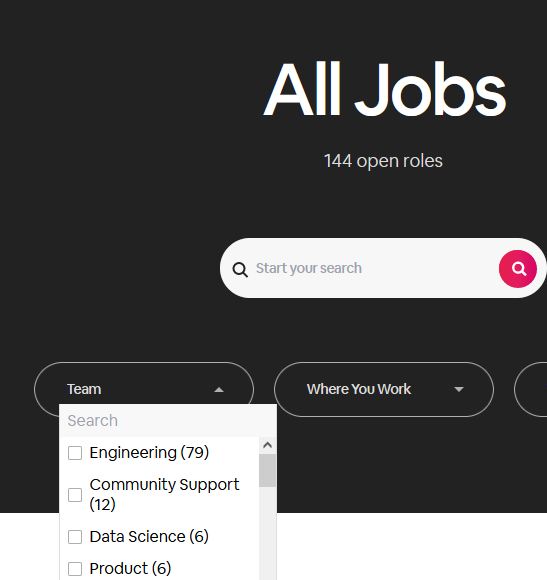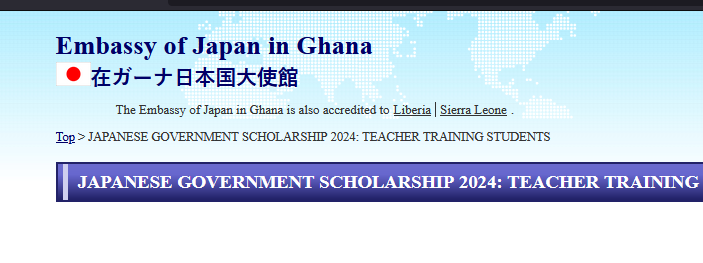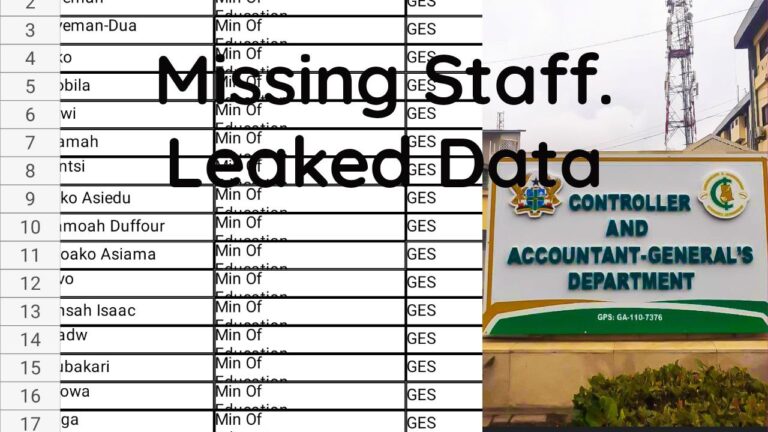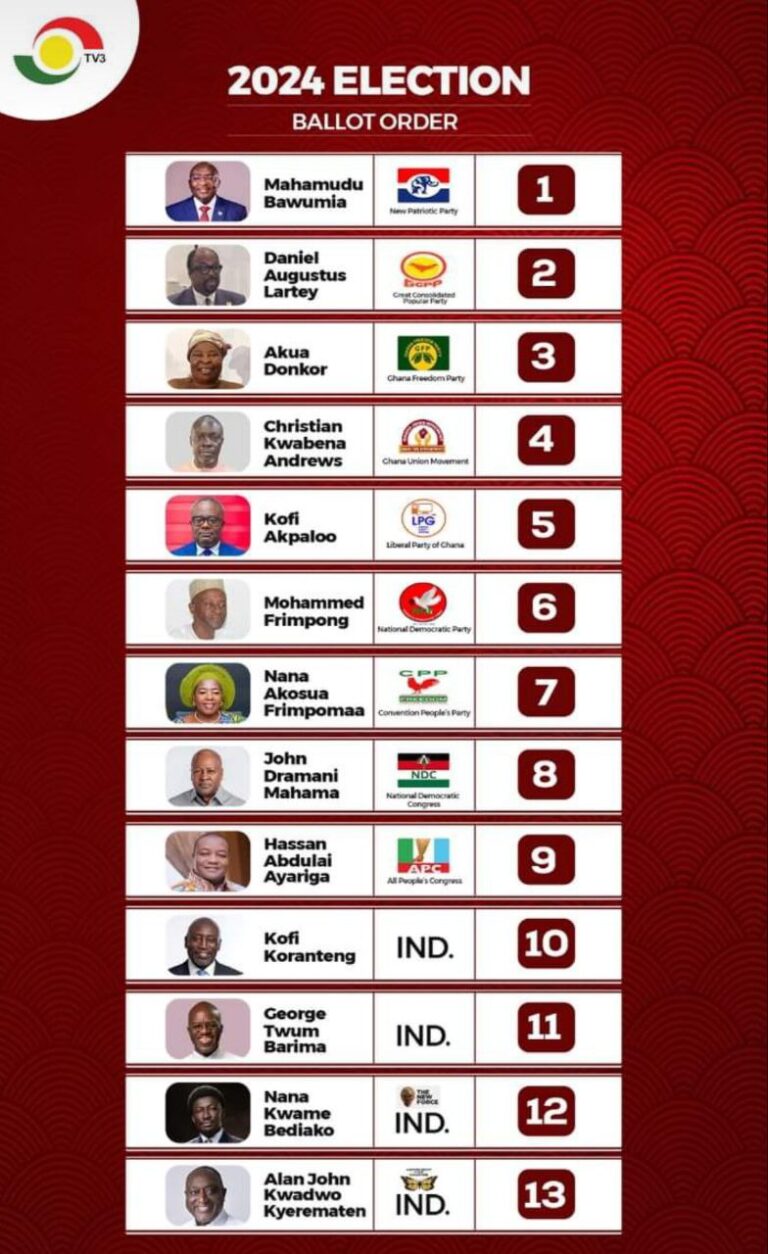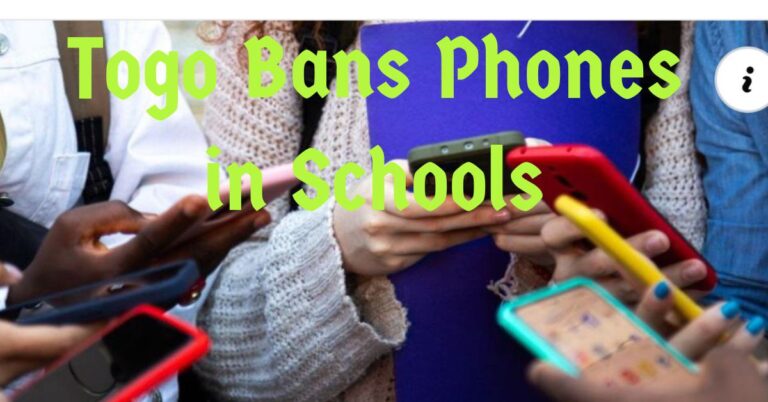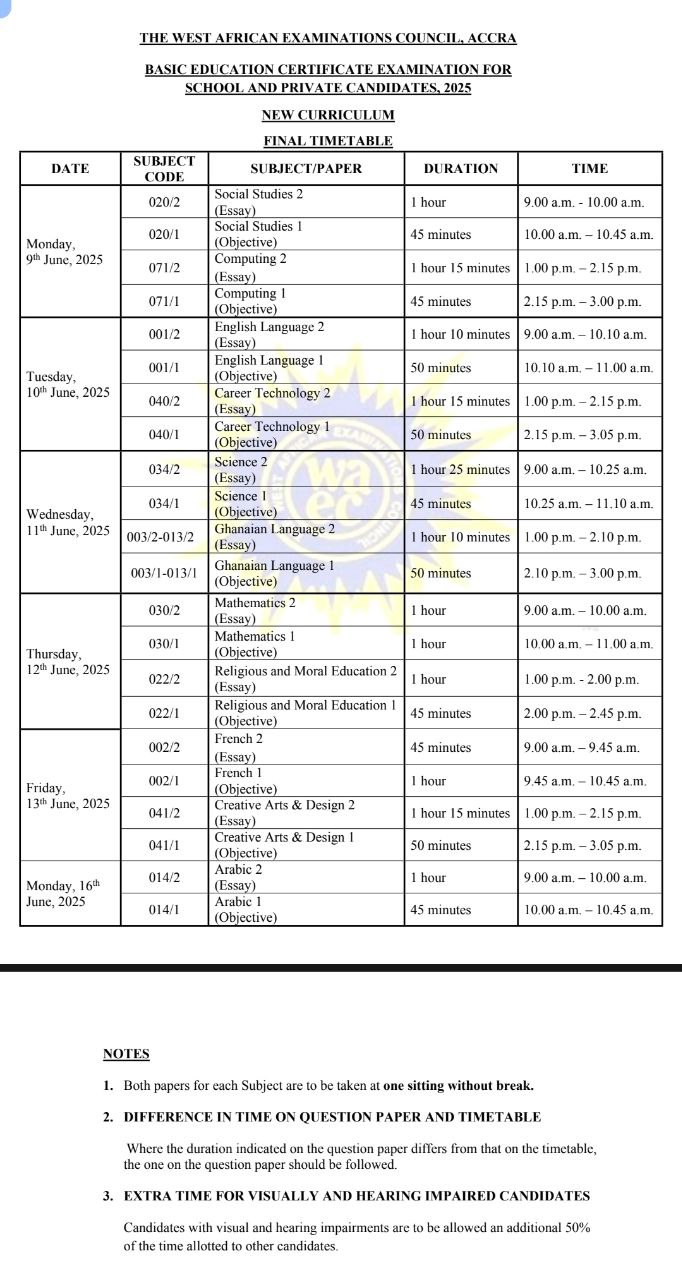Professional Education Development Manager – Remote Job Job Overview We are in search of a highly motivated...
Blog
The Ministry of Education, Culture, Sports, Science, and Technology (MEXT) of Japan offers scholarships to international teachers...
Download the BECE Marking Scheme for All Subjects (2024) As you prepare for the 2024 Basic Education...
“GES Data Leak: 7K Plus Unvalidated and Missing Staff – What’s Happening?” Recently, a leaked document...
Common Herbs for Migraine Relief Migraines are severe, recurring headaches characterized by intense throbbing or pulsing pain,...
December 7 Order on the Ballot paper For Presidential – NDC 8 – NPP 1 After the...
JUST IN: EC clears 13 presidential candidates for Election 2024 The Electoral Commission has cleared 13 candidates...
Fair Wages and Salary Commission Fails to Negotiate; NCCE Notifies of Strike Action The National Commission for...
Togo bans cell phones in schools The law prohibits students from using their phones on school grounds,...
How to Make Money with Stock Photography: A Beginner’s Guide If you’re someone whose phone gallery is...

